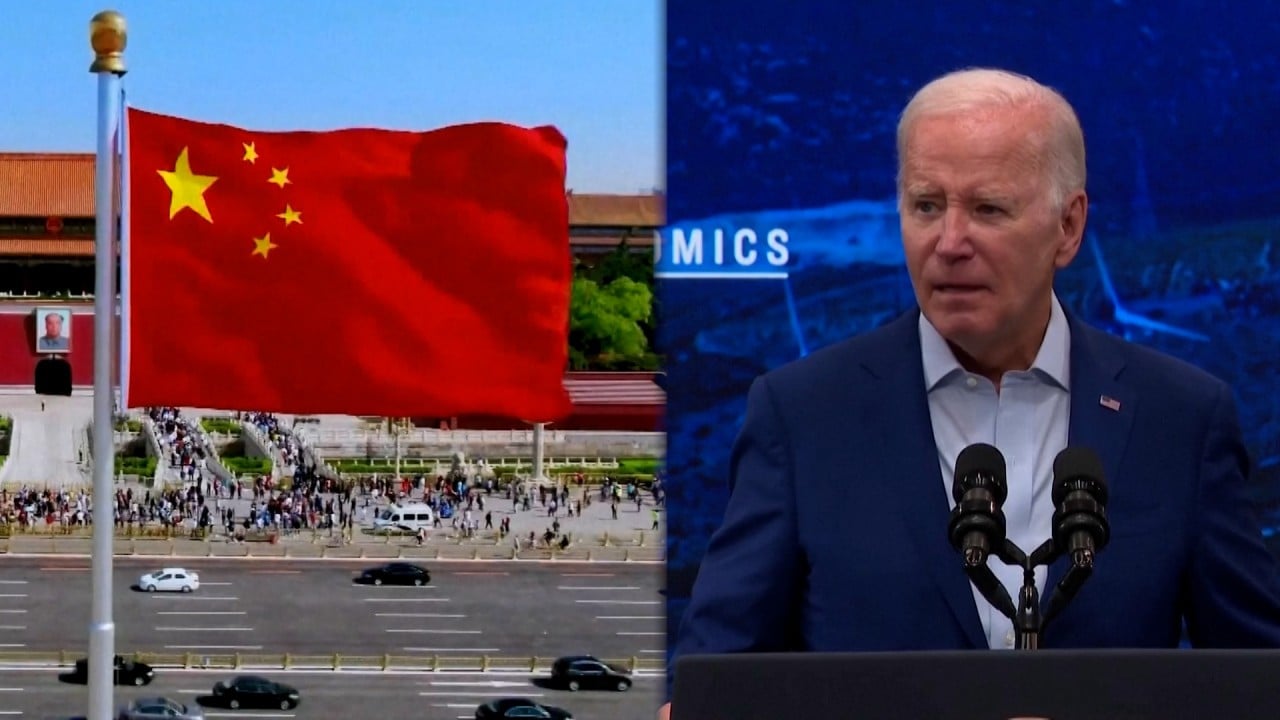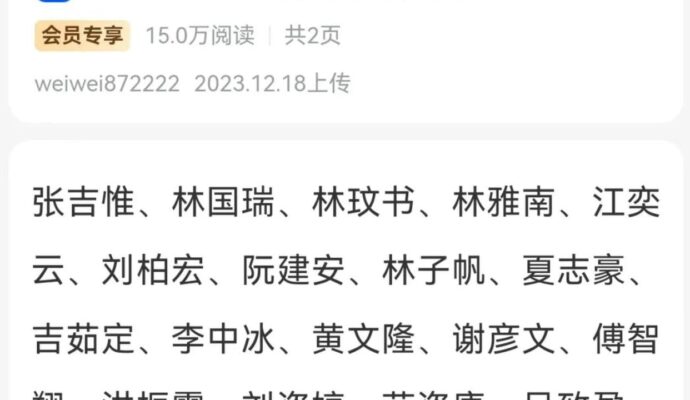But some US lawmakers are warning against an extension, invoking fears of intellectual property theft and unintended benefits to the Chinese military.
“It should come as no surprise that [China] will exploit civilian research partnerships for military purposes to the greatest extent possible,” Congressman Mike Gallagher, chairman of the House select committee on the Chinese Communist Party, said in a letter to US Secretary of State Antony Blinken in June, arguing against renewal.
With an American push to hobble China’s advancement in core technology coupled with parallel efforts to find common ground for cooperation, Biden aides and officials remain tight-lipped on their intentions.
So, too, has the US State Department, which is responsible for implementing the agreement from the American side. Responding to a request for comment it said it “does not comment on pending or potential international negotiations or internal deliberations on negotiations”.
Beijing has shown willingness to renew, or even rework, the decades-long cooperation.
Chinese embassy spokesman Liu Pengyu said Beijing contacted the US side a year ago to “discuss” the renewal and “as far as we know, the US side is still conducting an internal review on the renewal of the agreement”.
“As the situation continues to evolve, both sides may consider making adjustments to the original agreement,” Liu said, adding that China was ready to discuss the “content and form” of the cooperation on the “basis of equality and mutual benefit”.
He said China “hoped” the US would “expedite the internal review before the expiration of the agreement”.
Some experts agree, saying another extension of the long-standing symbol of US-China cooperation would serve US interests.
Making a case for renewal, Deborah Seligsohn of the Centre for Strategic and International Studies, a think tank in Washington, said that as the first deal signed between Washington and Beijing after the normalisation of ties, the agreement was of “enormous historic significance”.
“The United States should not extend the agreement because Beijing wants to, but rather because it is in the United States’ clear self-interest to do so,” she said.
Seligsohn said the agreement had resulted in “many specific science and technology outcomes” that had greatly benefited the US and the rest of the world, from cooperation on the study of birth defects and influenza to fighting air pollution and HIV/Aids prevention.
Over the years scientists on both sides had also worked together on almost 100 protocols and annexes under the agreement, “specifically, a number of changes to intellectual property protections”, she said.
Seligsohn said nonrenewal could complicate recent attempts to find areas of cooperation, including the “the types of people-to-people connections and educational exchanges” that Blinken agreed to promote during his visit to Beijing in June.
“There is a real risk that any such improvements, including access to key health information and the ability to train the United States’ next generation of China experts, will be put at risk if the agreement lapses,” she said.



